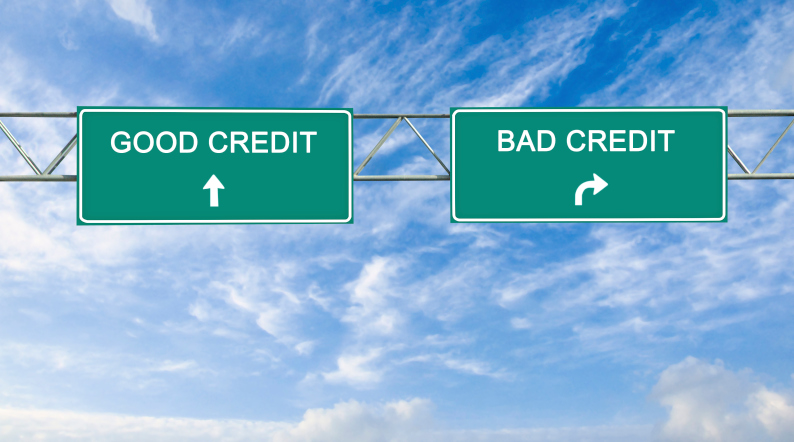What Are The Most Common Mistakes Homeowners Make When Refinancing?
 There are lots of people who are looking to take advantage of low interest rates to refinance their homes. This provides homeowners with an opportunity to save tens of thousands of dollars over the life of the loan. It could also allow homeowners to access equity to finance a home renovation or shave years off their mortgage. On the other hand, there are also a lot of people who make mistakes during the refinancing process. What are some of the mistakes that everyone should make sure they avoid?
There are lots of people who are looking to take advantage of low interest rates to refinance their homes. This provides homeowners with an opportunity to save tens of thousands of dollars over the life of the loan. It could also allow homeowners to access equity to finance a home renovation or shave years off their mortgage. On the other hand, there are also a lot of people who make mistakes during the refinancing process. What are some of the mistakes that everyone should make sure they avoid?
Avoid Saying Yes To Loan Forbearance On A Mortgage
First, try to avoid mortgage forbearance if you can. If homeowners decide to pursue mortgage forbearance, they might have a bit of extra cash on hand because they will be able to skip a few payments. On the other hand, this could signal that the homeowner has issues related to his or her cash flow. As a result, homeowners might not get the best offer possible when they apply to refinance their mortgage down the road.
Always Check The Credit Score Before Applying
Next, homeowners should always check their credit scores before they decide to apply for a refinancing opportunity. It is not unusual for people to have mistakes in their credit scores. Nobody should have to pay for someone else’s financial mistakes. Homeowners have to remove these inaccuracies from the credit report before they apply for a refinancing opportunity. That way, homeowners have access to the best terms possible.
Check The Estimate Before Agreeing To A Refinance
Finally, homeowners also have to check the estimate before they agree to a refinance. Even though there are opportunities to save a lot of money, there are other fees involved. These could include points, origination fees, and other fees that could be included in closing costs. Homeowners have to be ready to pay these costs if they are going to refinance their loans.
Avoid These Mistakes When Refinancing
These are a few of the most common mistakes people make when they go through the refinancing process. By avoiding these mistakes, homeowners can place themselves in the best position possible to save money by refinancing their loan to more favorable terms.

 This has been a difficult year for everyone. There are a lot of people who are worried that they might not be able to keep up with their mortgage payments. Small businesses have had to close their doors and numerous individuals have been laid off from work.
This has been a difficult year for everyone. There are a lot of people who are worried that they might not be able to keep up with their mortgage payments. Small businesses have had to close their doors and numerous individuals have been laid off from work. If you’re thinking of buying a home, you’ve probably been thinking a lot about your credit score as well. Credit scores control so much of what we do in the world of finances, but what does your credit score really have to do with your mortgage? Here are three ways that your credit score could impact your mortgage application.
If you’re thinking of buying a home, you’ve probably been thinking a lot about your credit score as well. Credit scores control so much of what we do in the world of finances, but what does your credit score really have to do with your mortgage? Here are three ways that your credit score could impact your mortgage application.